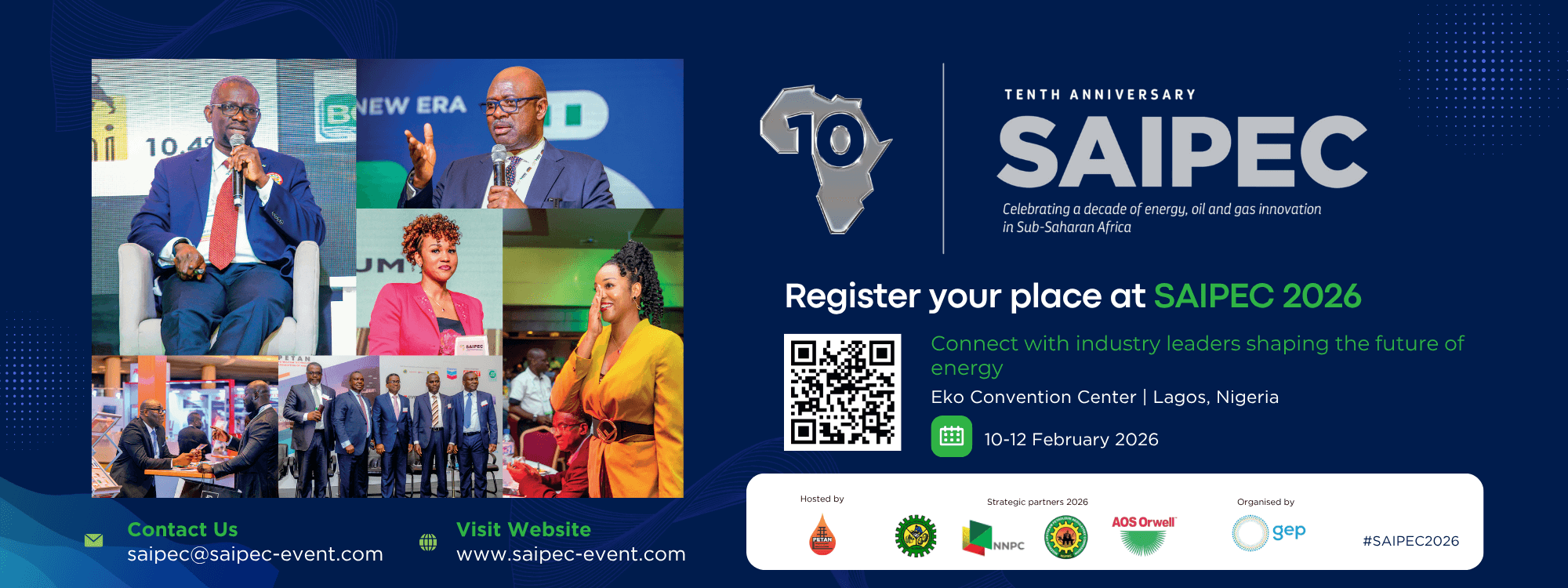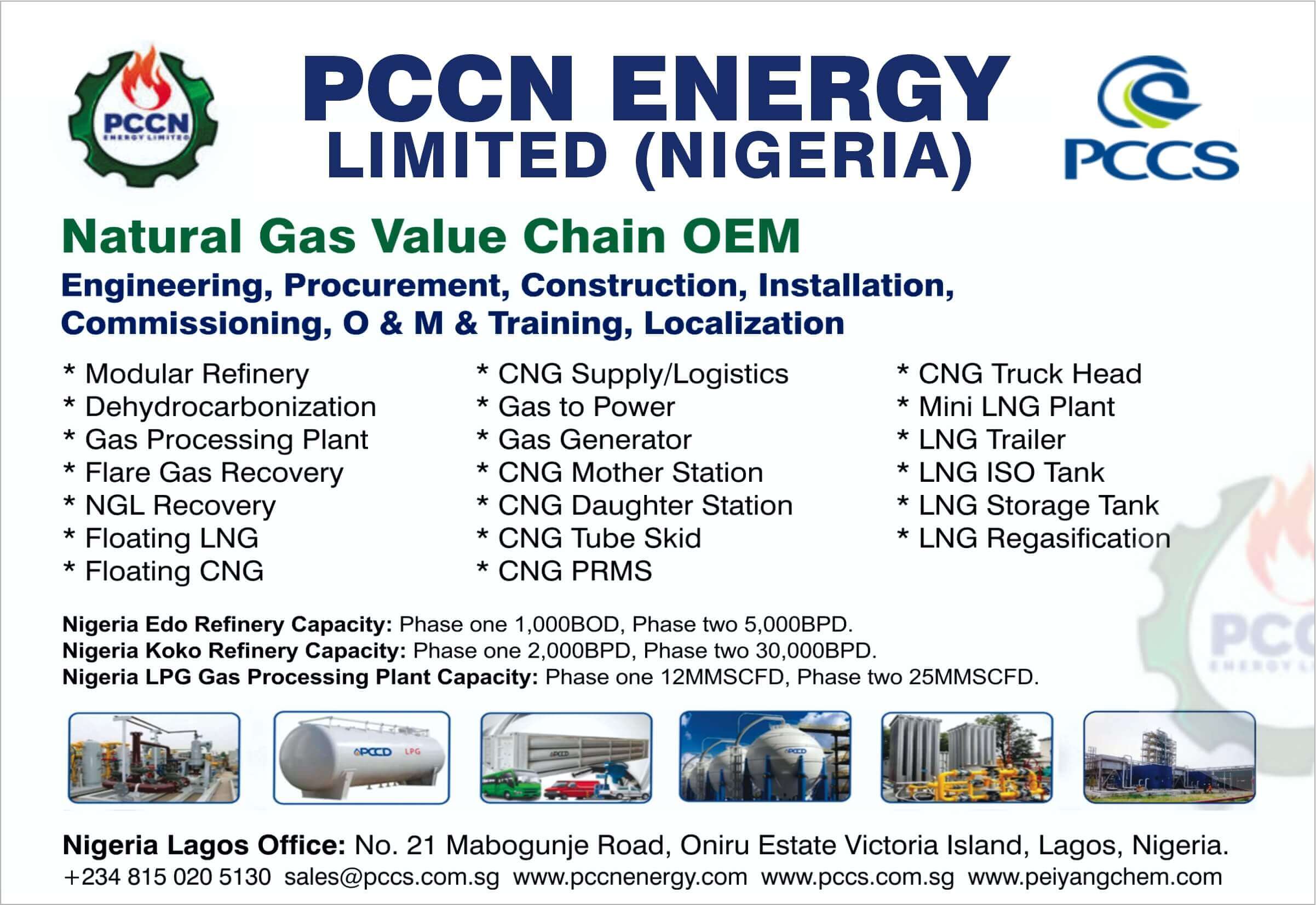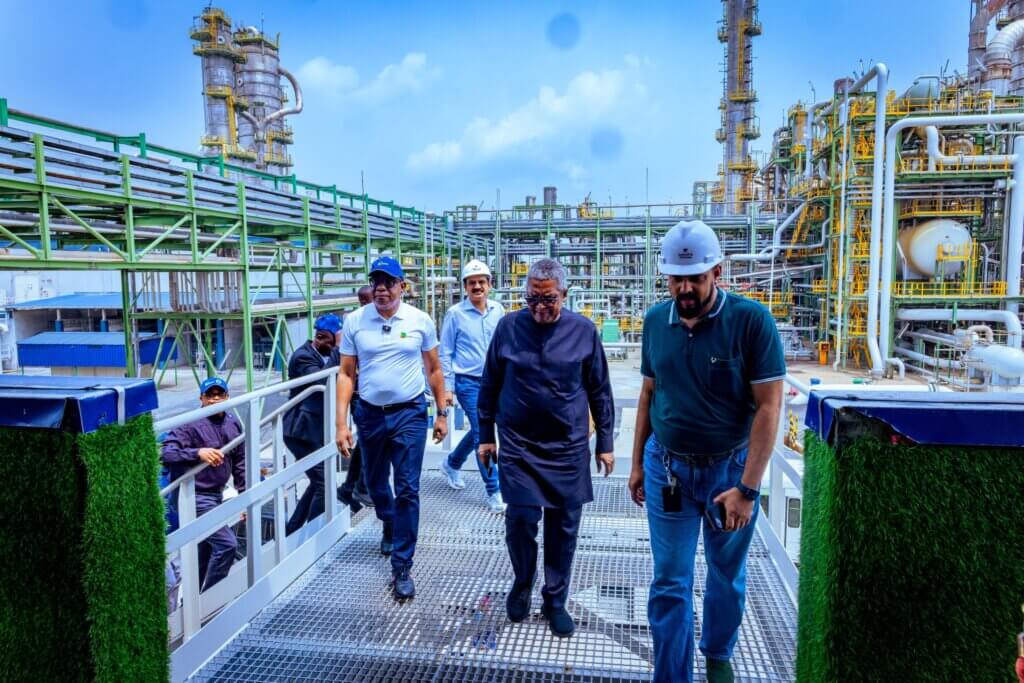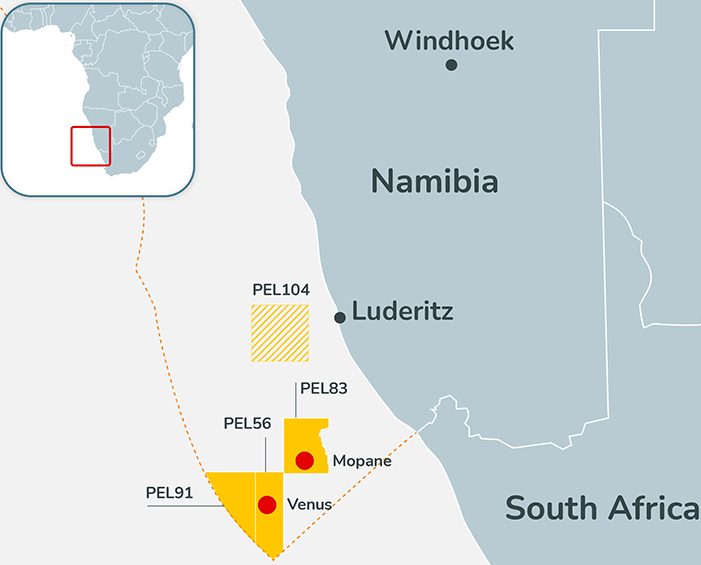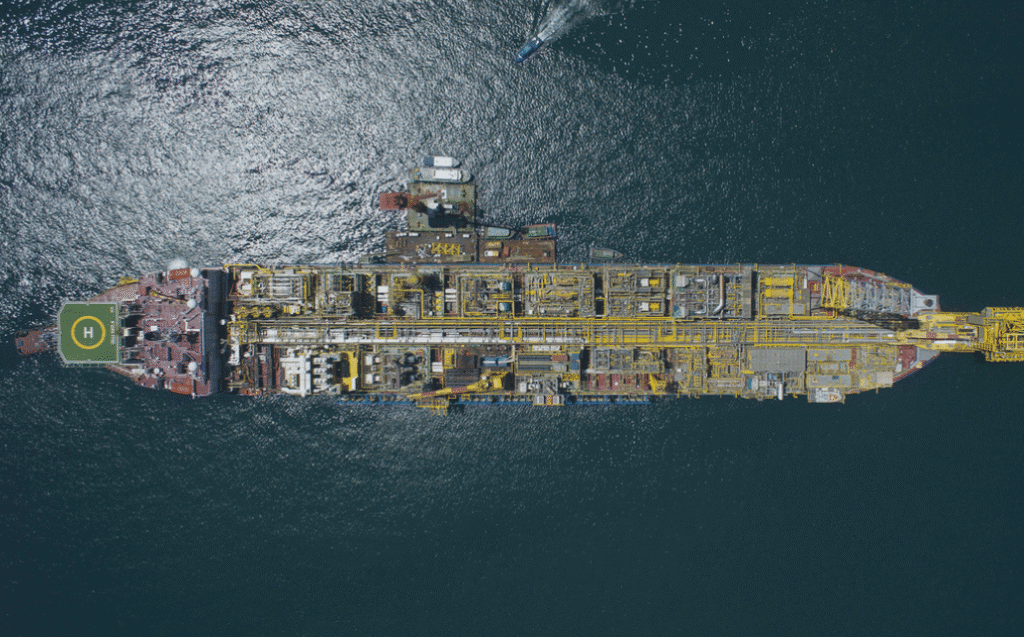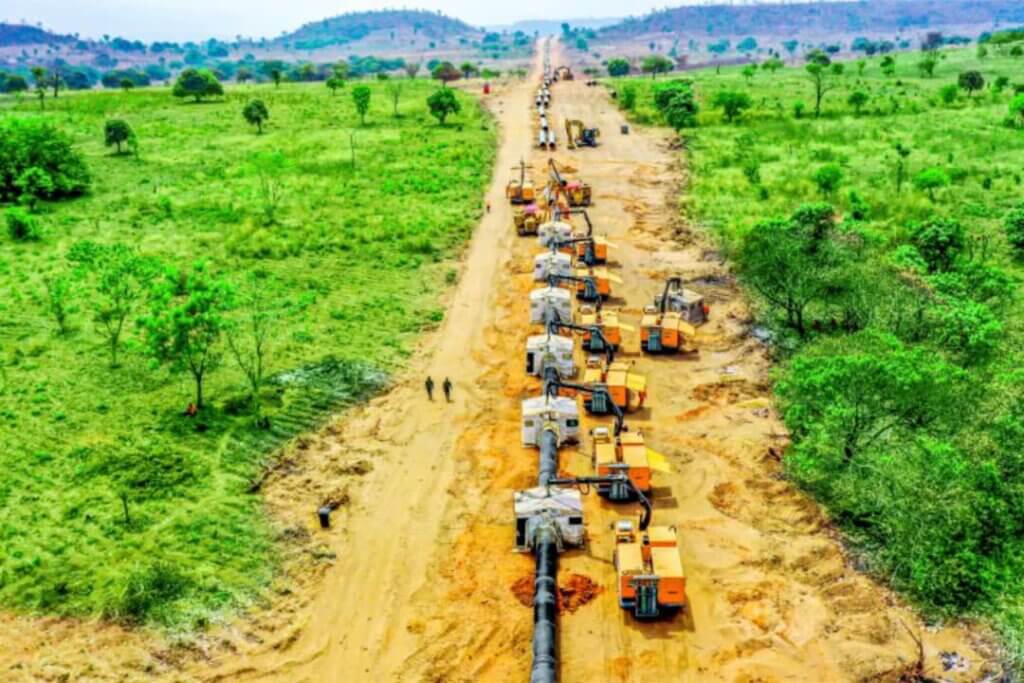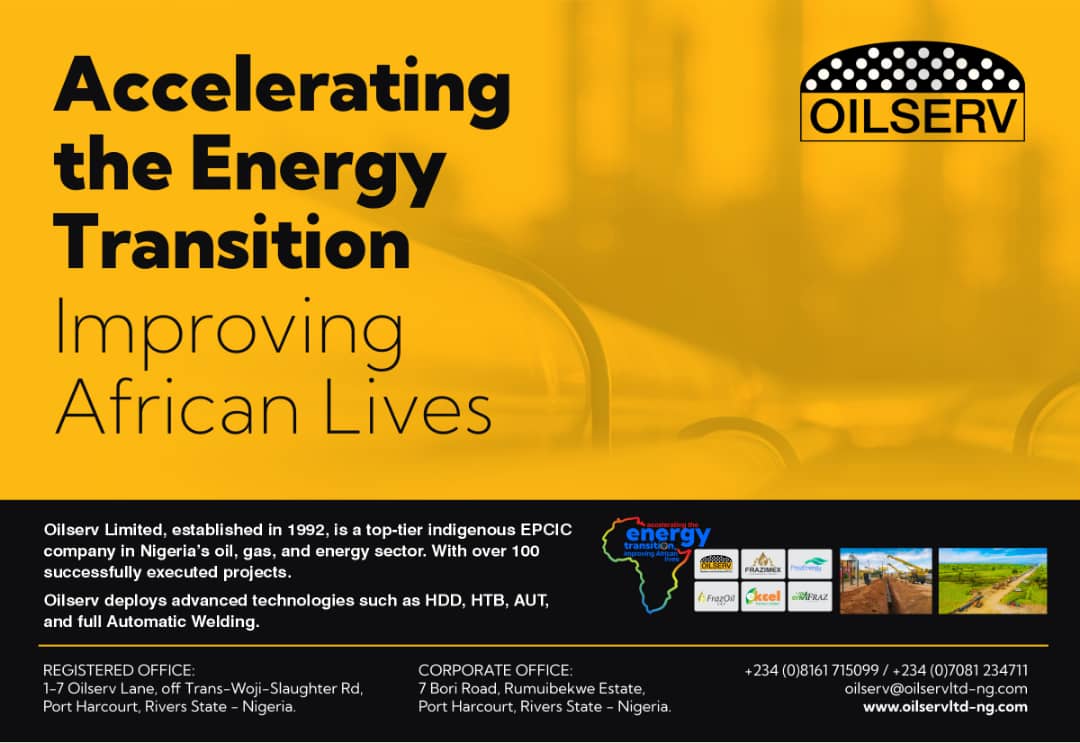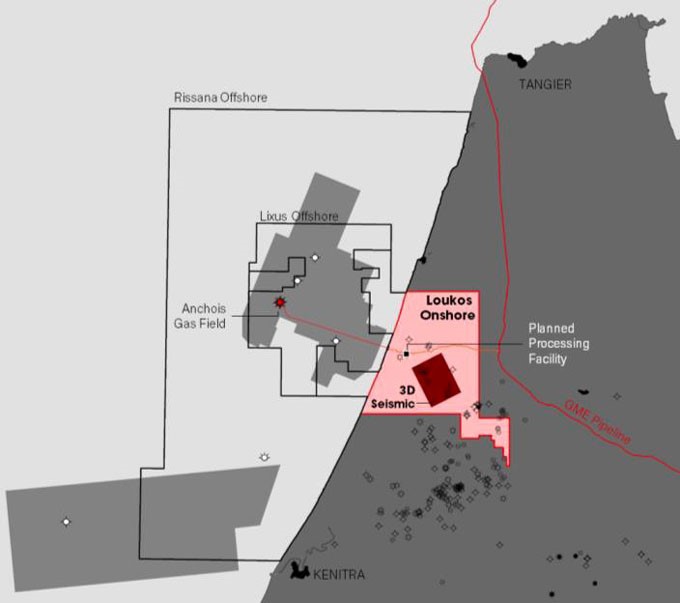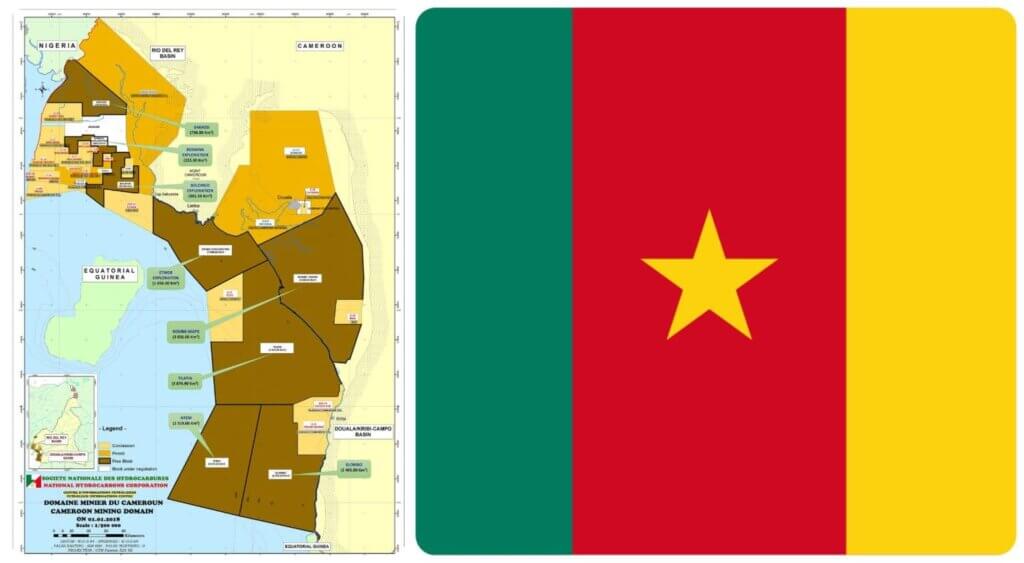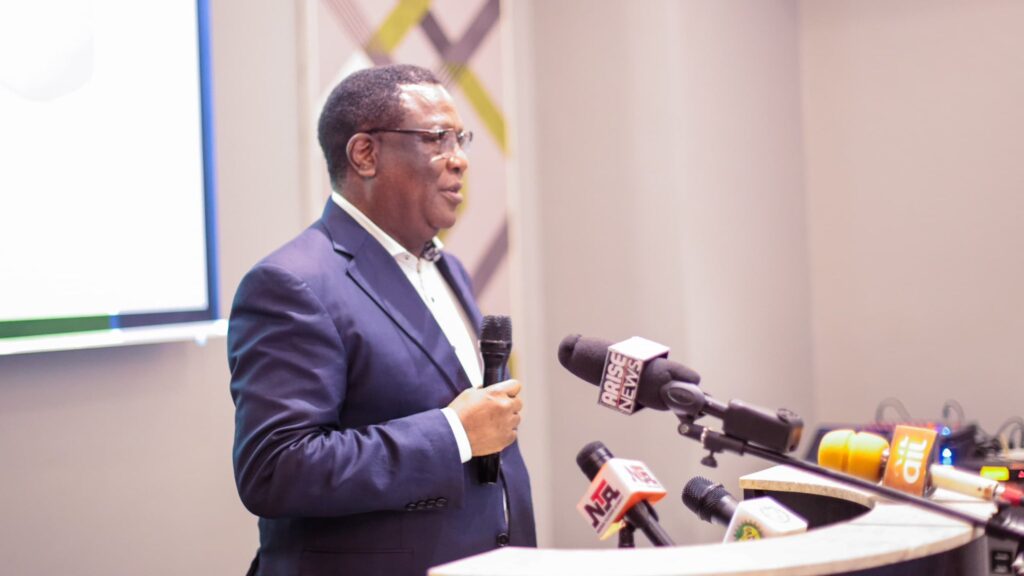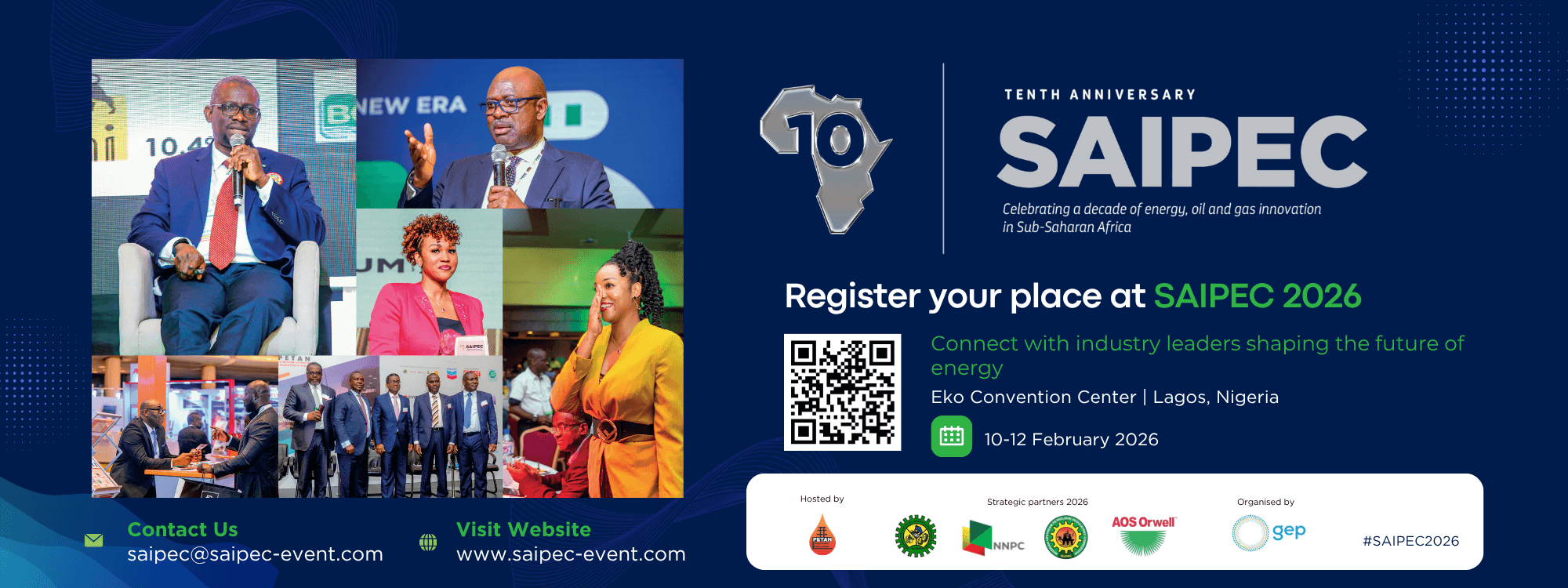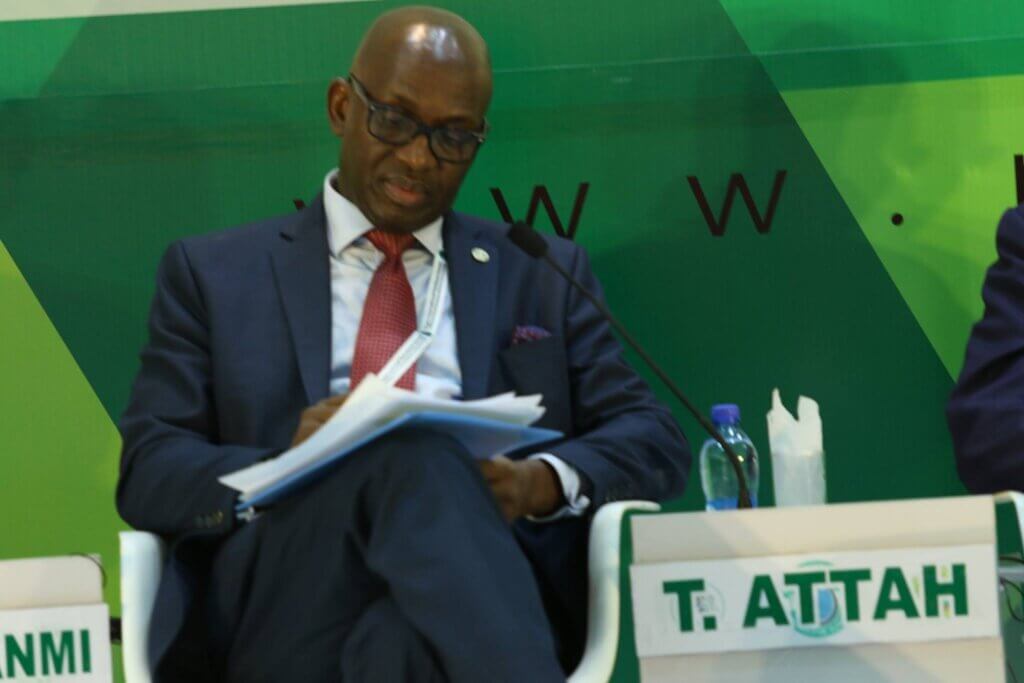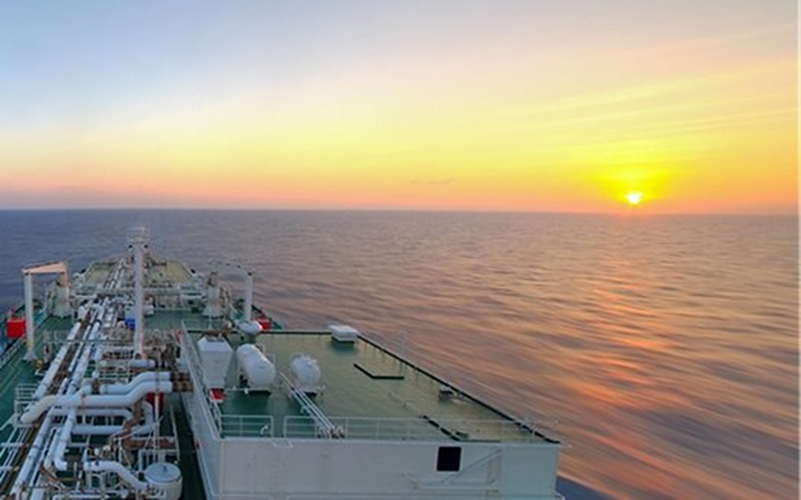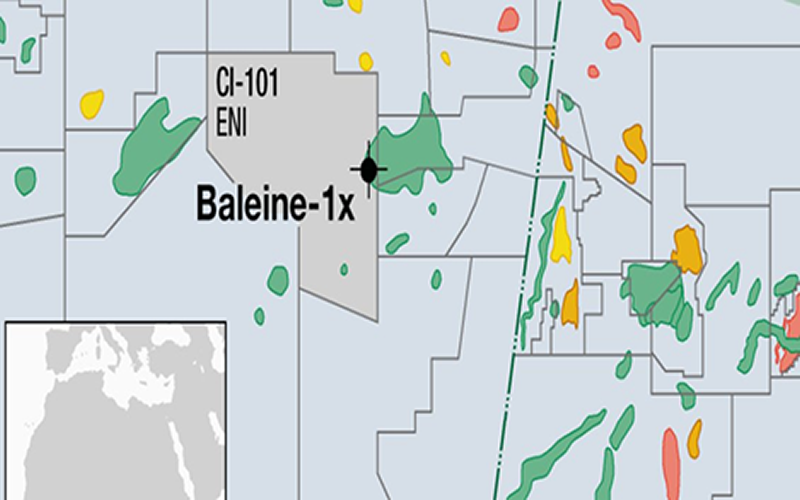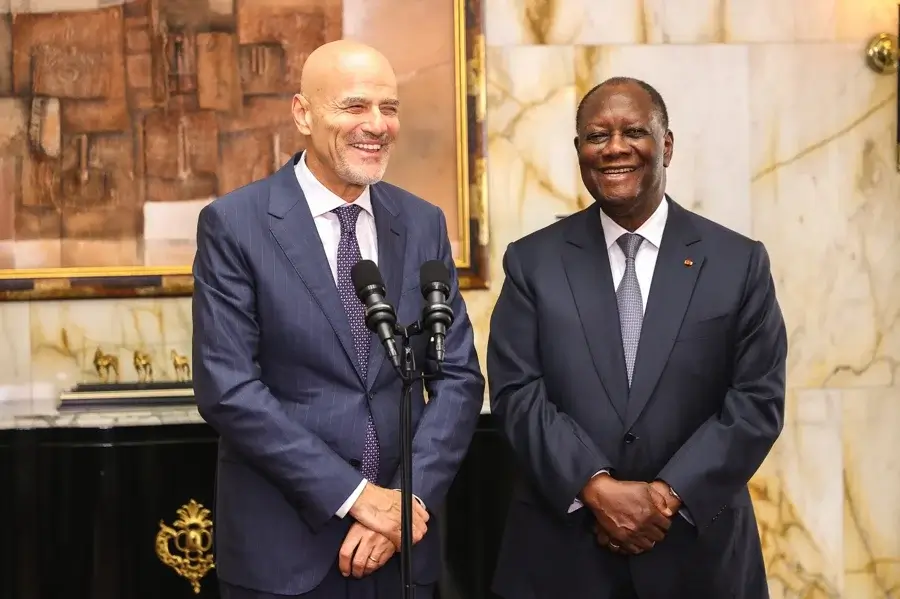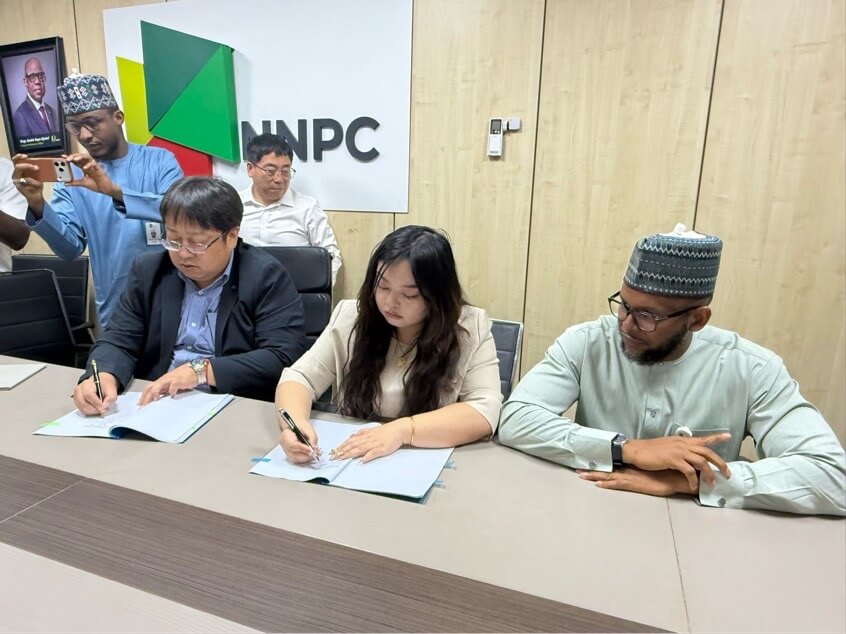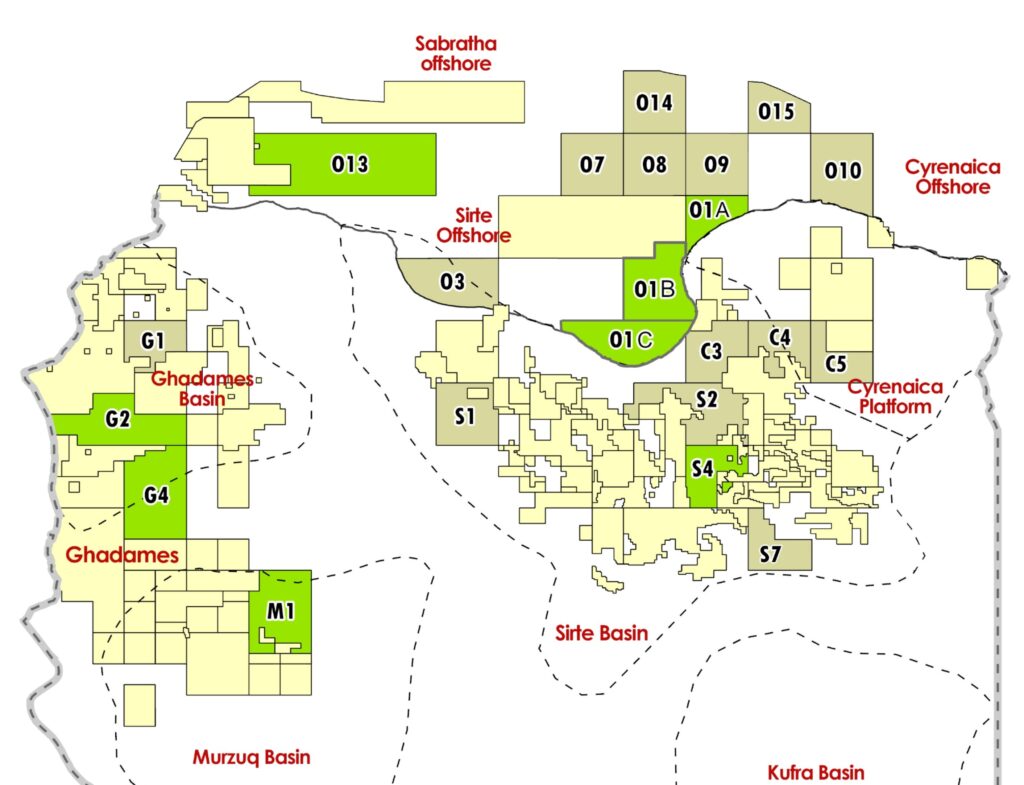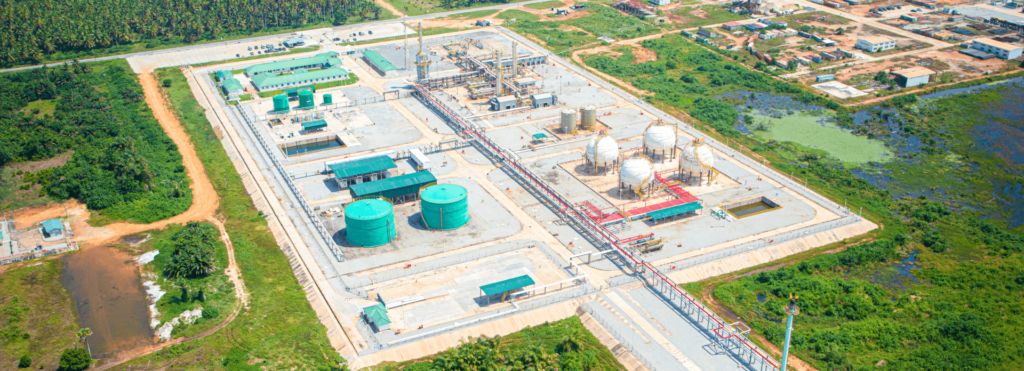
With a goal to increase the share of liquefied petroleum gas (LPG) to 50% of the market by 2030, Ghana’s downstream regulator the National Petroleum Authority (NPA) is promoting private-led investment across the petroleum value chain. Strengthened policies and technology-driven strategies are already bolstering downstream productivity, but the NPA is seeking greater investment to strengthen fuel security and distribution across West Africa.
During the Invest in African Energies: Accra Investor Briefing on April 14, 2025, taking place at the Kempinski Hotel, the NPA’s CEO Godwin Kudzo Tameklo will outline strategies being implemented by the authority to strengthen the downstream value chain in Ghana. Tameklo is expected to highlight ongoing efforts to attract investment in downstream projects, while sharing an update on the country’s developments such as the Integrated Petroleum Hub, LPG expansion and broader infrastructure advancements.
As the downstream regulator, the NPA manages the importation and refining of crude in Ghana as well as the sale, marketing and distribution of refined petroleum products across the country. The NPA works to position the downstream sector as both a major contributor to domestic product growth and catalyst for long-term economic growth in Ghana. By leveraging technology and growth-centered policy, the NPA has led the growth of Ghana’s downstream industry.
In April 2024, the country witnessed a 15.4% growth in petroleum consumption, reaching 1,641 kilotons compared to 2023, as well as a 9% rise in gasoline consumption, reaching 588.5 kilotons. In 2024, LPG consumption also witnessed a surge, rising 7.25% throughout the year to reach 340 million liters. An increase in the adoption of LPG was largely attributed to the promotion of the Cylinder Recirculation Model by the NPA – a distribution system implemented in 2023 that allows residents and commercial consumers to utilize LPG through cylinder exchange. LPG adoption rose from 28.9% in 2010 to 60% in 2023, with LPG usage increasing from 18.2% in 2010 to 44.1% in 2023. Strategic LPG projects include the Puma Energy-owned LPG bottling plant in Tema – a $6 million facility with the capacity to deliver 1,200 cylinders per hour. A second plant is being developed by the Ghana Cylinder Manufacturing Company, with a capacity of 150 million cubic feet per day.
To further strengthen distribution, the NPA is leveraging innovative technology and policies that enhance efficiency and profitability across the downstream sector. These include the introduction of a new transparent automatic price adjustment formular, transitioning from an annual regulated pricing model; a zero-tolerance policy for toxic fuel and an increase in low sulphur fuels; as well as technology-based mechanisms such as the petroleum marking scheme, bilk road vehicle tracking project, electronic cargo tracking system and enterprise relational database management software. These mechanisms support efficient monitoring and ensure optimized quality and quantity of petroleum products in Ghana.
Beyond domestic petroleum distribution, Ghana is strengthening regional exports. In 2024, the NPA signed an agreement with Senegal and The Gambia to enhance petroleum product exports. Ghana already exports petroleum to regional neighboring, including Mali, Niger, Burkina Faso, Ivory Coast and Togo. According to the NPA, the volume of petroleum exports to regional countries from Ghana amounted to 385,154,100 liters. Over 5,000 service providers are registered in Ghana, delivering over four million metric tons of petroleum products annually.
“Ghana is a strong example of the role natural gas and associated LPG production plays in Africa. Through targeted policies, technology-driven mechanisms and a commitment to low-cost, reliable fuels, the NPA is leading the charge towards a more sustainable future in West Africa. With increased investment, Ghana stands to play a major part in enhancing fuel security across the broader West African region,” stated NJ Ayuk, Executive Chairman of the African Energy Chamber.




